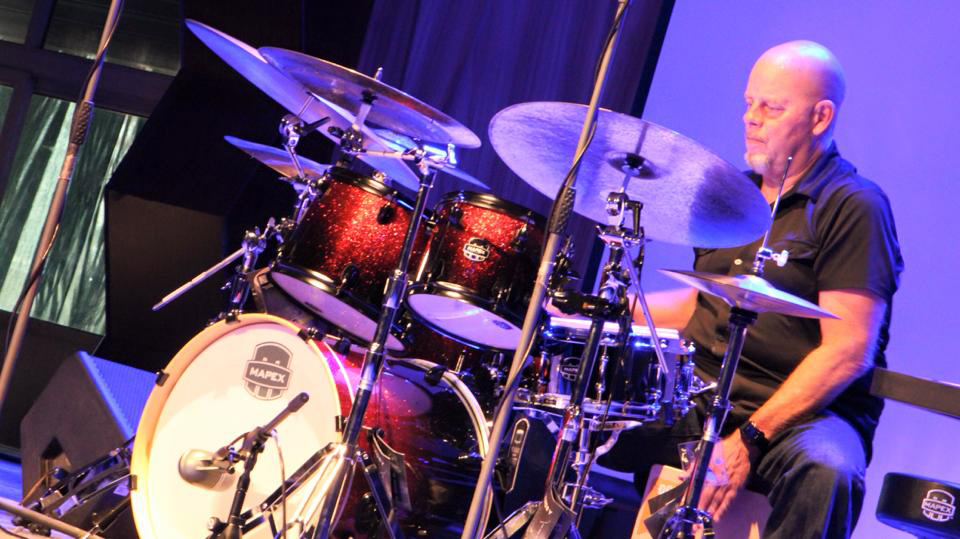Things ain’t what they used to be in East Asia, and especially in urban centers such as Beijing and Hong Kong, according to jazz drummer Gary Hobbs.
You might actually hear that sly Duke Ellington standard pouring from the doorway of a nightclub or conservatory these days — in a civilization that used to consider jazz music subversive, even pornographic, and definitely anti-communist.
That big red chill is thawing fast, according to Vancouver native Hobbs, 67, who went on his fourth teaching-and-performing junket to China, Taiwan and Hong Kong in late October. The centerpiece of the trip was the third annual China Drum Summit, hosted by the Beijing Contemporary Music Academy.
Hobbs was away for 10 days and was “totally shocked,” he said, at the masses of Chinese music students displaying real talent and fire about this essentially American art form. Hobbs said he found “massive conservatories full of all these brazen virtuosos” who are practicing the instruments with the biggest, boldest voices — brassy saxophones, earth-quaking drums — like their lives depend on it.




